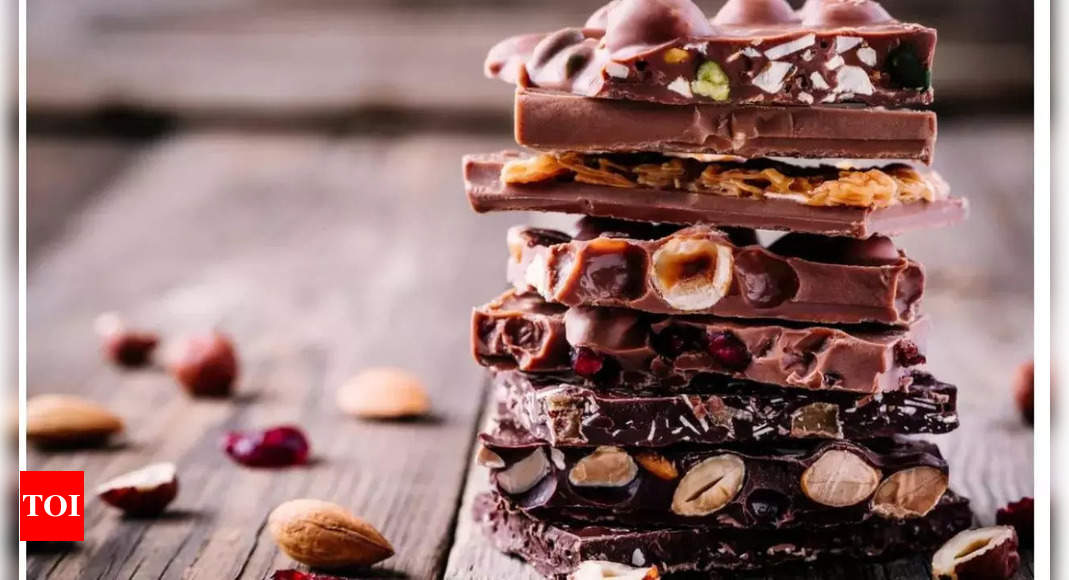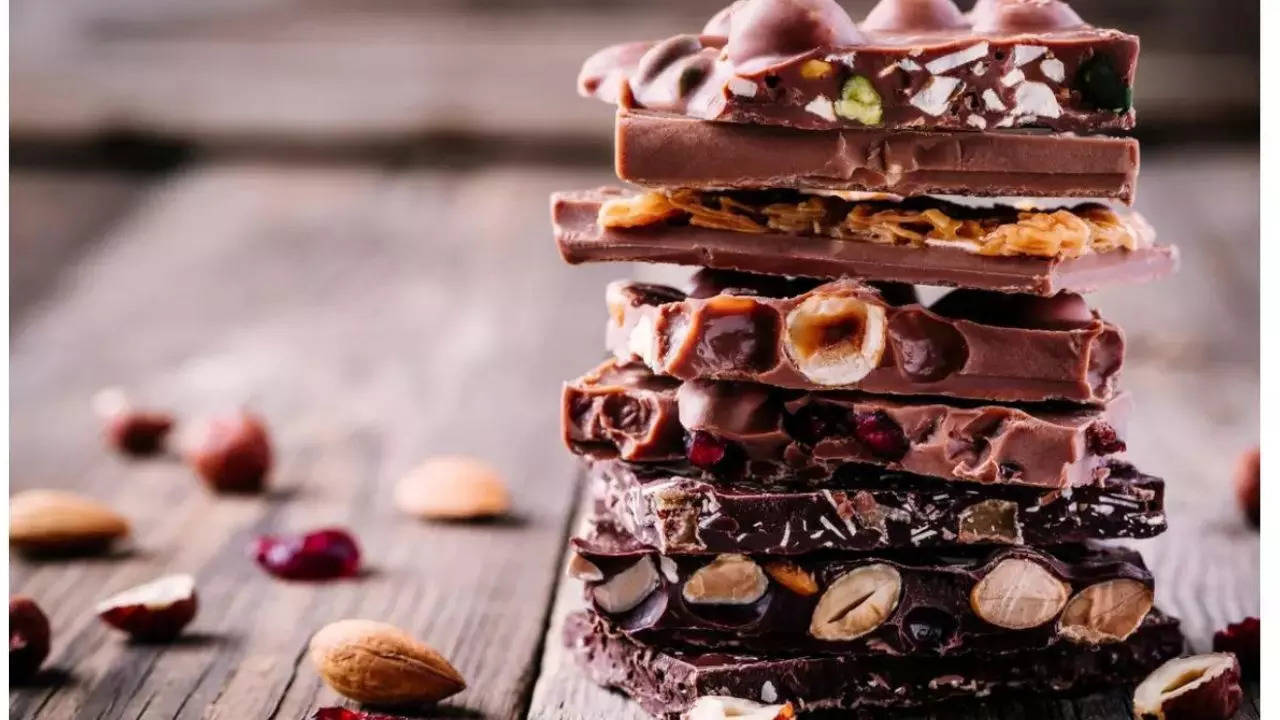[ad_1]
Recently, the GST-Authority for Advance Rulings (GST-AAR), in the case Sirimiri Nutrition Food Products, a Bengaluru-based chikki manufacturer agreed that several of their chikkies, including the new varieties of dry fruit chikki and spirulina chikki will be subject to 5% GST. These varieties of chikkies were categorisedunder Chapter heading 17 as ‘sugar confectionery not containing cocoa’.
However, when it came to ‘chocolate-peanut chikki’, the Karnataka bench of the GSTAAR pointed out that this product contains cocoa powder and is covered under Chapter 18, which covers chocolate and other food preparationscontaining cocoa. The tax in this case is a higher 18%.
Harpreet Singh, indirect tax partner at KPMG-India, said: “Cooked or semi-cooked packet food items comprise a variety of ingredients to suit varying consumer tastes, these may have different processes of manufacture, interchangeable names, multipleend-uses, etc. These aspects make GST classification complex, prone to varied interpretations and consequently result in litigation. ”
TOIhas in the past covered many such instances. The Gujarat AAR in the case of Amul, had held that flavoured milk (milk with sugar and added flavours) would attract 12% GST. But, in another case, the Gujarat AAR held that ‘lassi’ , a fermented milk drink, would be exempt from GST. Or while a fruit-pulp or fruit-juice based tetra pack could entail a GST of just 12%, if it’s fizzywatch out the basic GST rate would be 28% topped with a compensation cess.
“There are many such instances. A reduced number of GST slabs or one rate on all food products, irrespective of differences such as in ingredients, method of consumption, etc, would minimise GST disputes,” adds Singh.
[ad_2]
Source link











More Stories
India’S Growth Forecast: S&P ups India’s FY’24 growth forecast to 6.4% on robust domestic momentum
India to remain fastest-growing major economy, but demand uneven: Poll
Jack Ma: Jack Ma gets back into business with ‘Ma’s Kitchen Food’